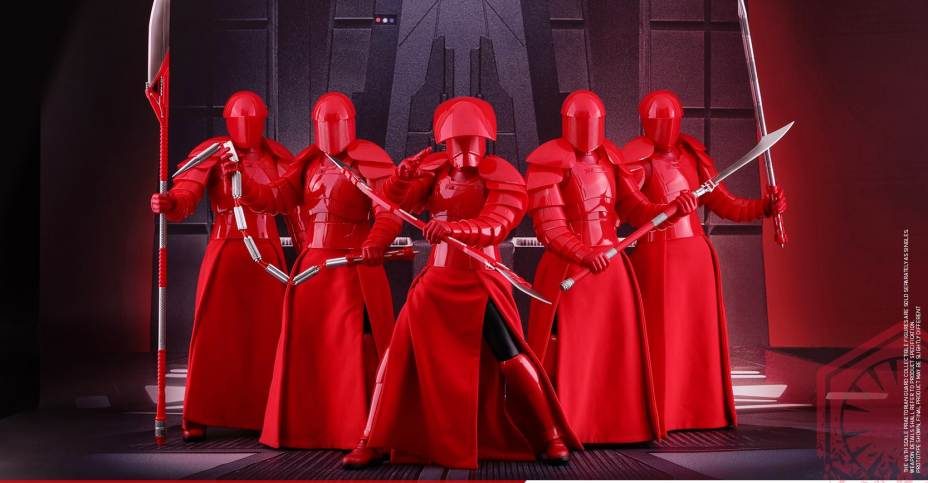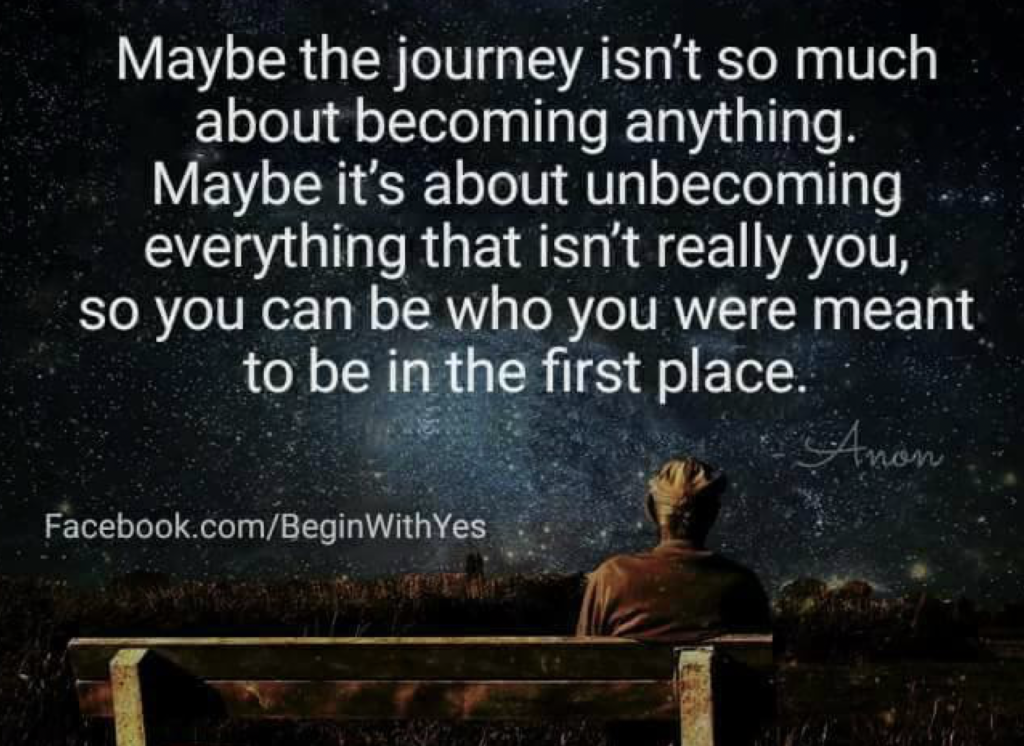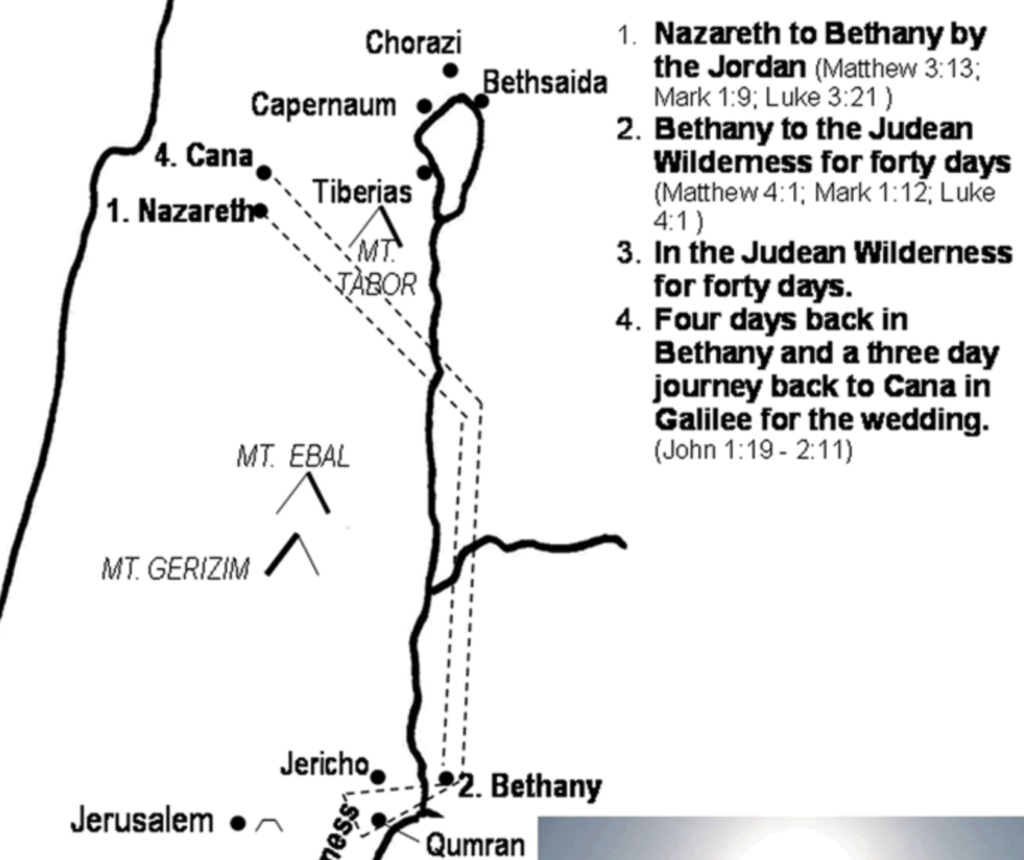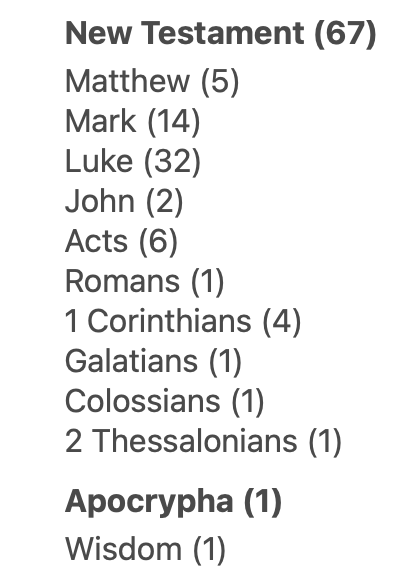
Mark’s job, apparently, was to provide us with a perspective on the journey of Jesus. However, even this early on in the Gospel, (Mark 1:14-20) we have lost a huge chunk of the story : John was arrested? He has only just baptised Jesus! But this is the start of the journey.

The Start of the Journey or the Current Scene
Jesus has made his way from Bethany, near to Jerusalem, up to Galilee. We read of that from last week’s reading from John 1:43-51 and his encounter with Nathanael. He may well have also enjoyed the Wedding at Cana en route (John 2).

This Gospel started with a cry of the Good News. Not that “prices have fallen” but this was a story that would shake the very bones of the Empire. For typically ‘Good News’ was exactly that: a great victory in some far flung corner of the Roman Empire, or a celebration linked to the Emperor. Not some radical individual who was causing an issue in Galilee. The first word of the Gospel (Arche) indicates a new beginning reminiscent of the first words from Genesis ~ in the beginning.
Jesus arrives and implores people to change their ways. We can get stuck with that word ‘repent’. It harbours decades of negativity in our life, whereas if couched as ‘change our ways’ it reflects a positivity, a turning from one choice to a new choice for us to make. Life is full of choices.
Metanoia
This word ‘metanoia‘ refers to ‘change’, to think differently. But to what? Could it be that God wants us to change rather than our desire to change the world?
Here we may need to look back at who is writing this Gospel. Mark was scribing this from what Peter had discussed, in Rome, in the mid 60sAD. He was Peter’s interpreter in some respects, translating recollections and folk stories together. Mark describes Jesus as one who needed to keep a secret – who Jesus was.
There are a multitude of healings and miracles, and we may get side tracked to those as special, but then lose the point. Jesus could have provided a myriad of miracles, but often he cries out in despair at the Disciples. It wasn’t about the miracles but the reason behind them. If we look at the power and dominion of the human rulers we will be ignoring the power of God to transform. Repentance, that metanoia, is about looking again at what God is doing, ‘us‘ not the human society and its use of power.
Do we trust Jesus, that in God’s power, we will find freedom? As being locked into the power plays within society may not appear as freedom to many.
Perhaps repentance is the start of the journey, one where we can re-start numerous times?
Kingdom of God

Jesus speaks of the Kingdom of God. Within the New Testament there are 67 references to the ‘Kingdom of God‘ (in the NRSV, 69 in the KJV) but only 31 to the ‘Kingdom of Heaven’ (32 in the KJV). Those New Testament references to the ‘Kingdom of Heaven‘ reside all within Matthew’s Gospel. Compare that to the Hebrew Scriptures and we see quite a reversal – predominately the Kingdom of YHWH.
A New Army?
Often we will read of Christ as the Messiah. “Christos” does refer to the anointed one, but can also be perceived to mean Messiah. In those days Messiah also had connotations of ‘political overthrower’. Recall Judas the Galilean was one declared as a ‘Messiah‘, as were many others, possibly starting with even Cyrus.

So whom would you assemble for such a revolutionary force? Members of the Roman Praetorian Guard perhaps (not the above), or someone like Theudas, or some fishermen: non-academics lacking any rabbinic theological training?
If Galilee was a highly populated Jewish enclave, it was surrounded by Gentiles on all sides. Through this land the ancient trade routes between Egypt and Mesopotamia, Syria and Greece flowed. The Sea of Galilee, surrounded by ten townships – hence Decapolis – was a focal point for frustrated nationalistic hopes. Here, Jesus goes to find disciples, followers, for his cause. It’s the start of the journey for the disciples.
Andrew and Simon (Peter)
So we come to Andrew & Simon (the one whom is providing much of the detail of this Gospel), fishing on the Sea of Galilee. They probably came from Bethsaida – Josephus called it ‘Bethsaida Julias’ after the daughter of Caesar [1], suggestive of its prominence.
Notice how they were to be ‘fishers of men’ (men from the word ‘anthropos‘, not male).
It describes them, not their actions. They needed no prior skillset, no qualifications. In fact, if they were theologically skilled they wouldn’t have been fishermen in the first instance but trainee rabbi’s. They immediately left their nests – immediacy is a theme of Mark’s, found around 40 times in the Gospel alone. Did they think they were off for a few days? or a lifetime? Why didn’t Jesus select Zebedee – for he would might be worldly-wise?
Was Jesus ageist in his selection of the disciples?
🙂
So what?
Perhaps immediacy was a quality what Mark was trying to portray, not of historical fact but of the significance, due to the situation the readers of the Gospel were all too aware of in Rome. Make the choice. Others were to follow in Andrew and Simon’s footsteps, and they acted quickly. Maybe the Jesus Mark describes is one who was asking for us to trust in God’s ability to give us direction in our lives.
As we will discover on our journey through Mark’s Gospel, miracles abound, but they are not the focus for Jesus – it’s whether we can trust in God rather than society’s power and control. That’s the start of the journey for us, one which can repeat often – that’s God’s love for you.
[1] Brownrigg, Ronald., The Twelve Apostles, (London : Weidenfeld & Nicolson, 1974), p. 42.